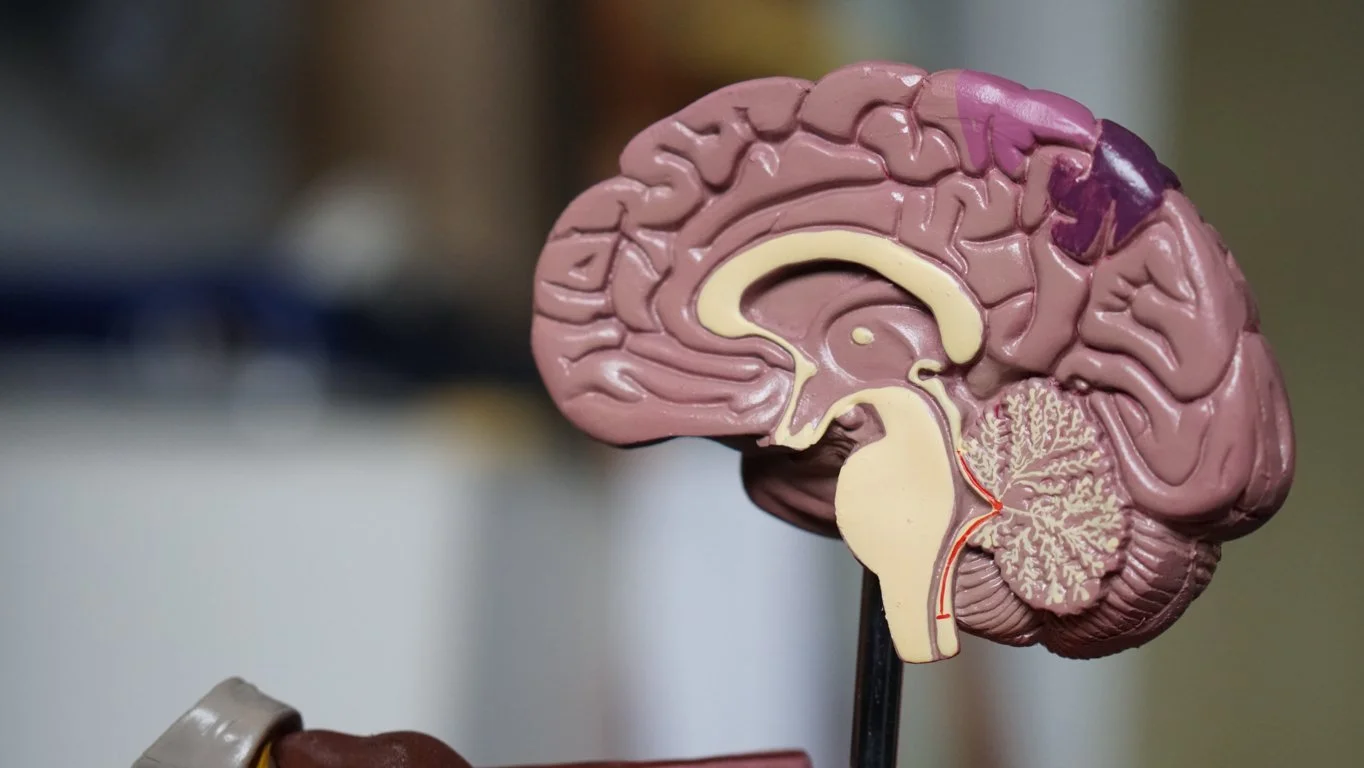The effect of alcohol on the brain:
Alcohol and the use of ethanol affect the brain functions of human in several ways.
Why people drink alcohol?
Alcohol is generally naming as a depressant of the central nervous system (brain and spinal cord). Its use inhibits the brain activities and also causes physiological effects in the human body such as slurred speech and impaired body movements. It causes pleasurable feelings associated with drinking. On the other hand, it releases the alcohol-induced dopamine hormones in the brain’s reward pathway. Alcohol consumption also increases levels of the other brain hormone name serotonin which is a neurotransmitter implicate in mood regulation.
What is the function of neurons in the brain?
The human brain is a complex network that is a unit of billions of neurons. These Neurons are of two types inhibitory or excitatory. Excitatory neurons stimulate others neurons and transmit electrical messages. While inhibitory neurons prevent excessive firing and suppress responsiveness. The excitability and Responsiveness of a neuron are determined by the value of electrical voltage that is across its membrane. So, basically, a neuron is more responsive when it has more positive charges inside. And it is less responsive when it has a more negative charge. A balance between inhibition and excitation is important for normal brain functions.
What is the mechanism of action of alcohol?
Short-term alcohol consumption has many functions decreasing excitatory response, and increasing inhibitory response. And it also disrupts the balance function. The Special function of alcohol is to inhibit the responsiveness of neurons through its interaction with the GABA system.
Alcohol consumption causes two mechanisms:
- GABA receptors Activation
- Glutamate inhibition system

1. GABA receptors Activation:
GABA is a major inhibitory neurotransmitter. When it is bind it triggers or increases the GABA receptors and also the ligand-gated chloride channel (LGCC). Which opens and allows chloride ions to flow into the neuron and this makes the neuron more negative and less likely to respond to new stimuli.Alcohol is known to potentiate GABA receptors. Which keeps the channels open for a longer time. And thus increasing this inhibitory effect. Certain anesthetic drugs also affect the GABA receptors. This phenomenon explains the sedative effect of alcohol.
2. Glutamate inhibition system:
The glutamate system which is a major excitatory circuit of the brain also inhibits through alcohol. When it binds to glutamate the Glutamate receptors that are another type of ion channel are open. And this allows the positively-charged ions into the cell also making it more positive. Which is more likely to generate and increase electrical signals.When Alcohol binds it reduces channel permeability. As a response the lowering the cation influx and thereby inhibiting neuron responsiveness.
Glutamate inhibition and GABA activation both bring down brain activities. It depends upon the concentration of ethanol in the blood. Alcohol’s depressant affects the body and its effect can range from slight drowsiness to blackout. And ultimately respiratory failure also causes death.
What are the effects of long term alcohol use?
Chronic and long-term consumption of alcohol produces the opposite effect on the brain. This is because of prolonging alcohol exposure and causes sustained inhibition. It activates the brain’s adaptation response. In attempts to restore the equilibrium in the body the brain increases glutamate excitatory functions. And also decreases GABA inhibitory function to compensate for the alcohol’s effect. The balance tilts toward excitation. So more and more alcohol is needed in the body to achieve the inhibitory effect. This leads to addiction or overdrinking.
What is Withdrawal syndrome?
If alcohol consumption is abruptly discontinue or reduce at this point, a condition known as withdrawal syndrome may follow. The condition is due to the brain hyper-excitability. Alcohol withdrawal syndrome symptoms include seizures, tremors, agitation, hallucinations, and confusion.
So, Excess calcium is produced by overactive glutamate receptors. This withdrawal is toxic and also causes brain damage. Withdrawal-related anxiety also causes alcohol-seeking behavior and increases alcohol abuse.